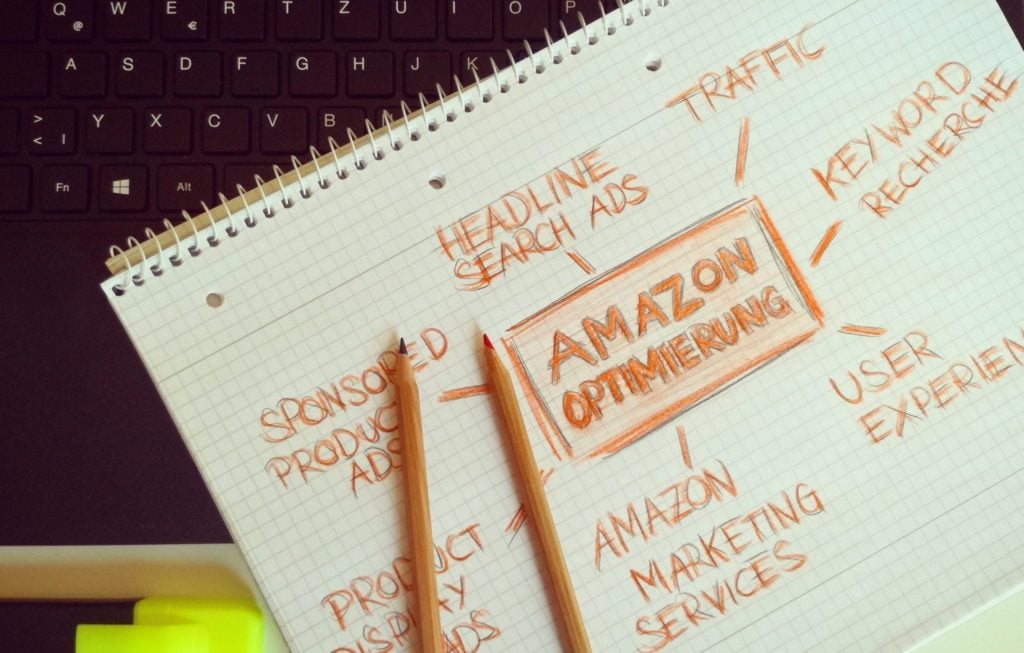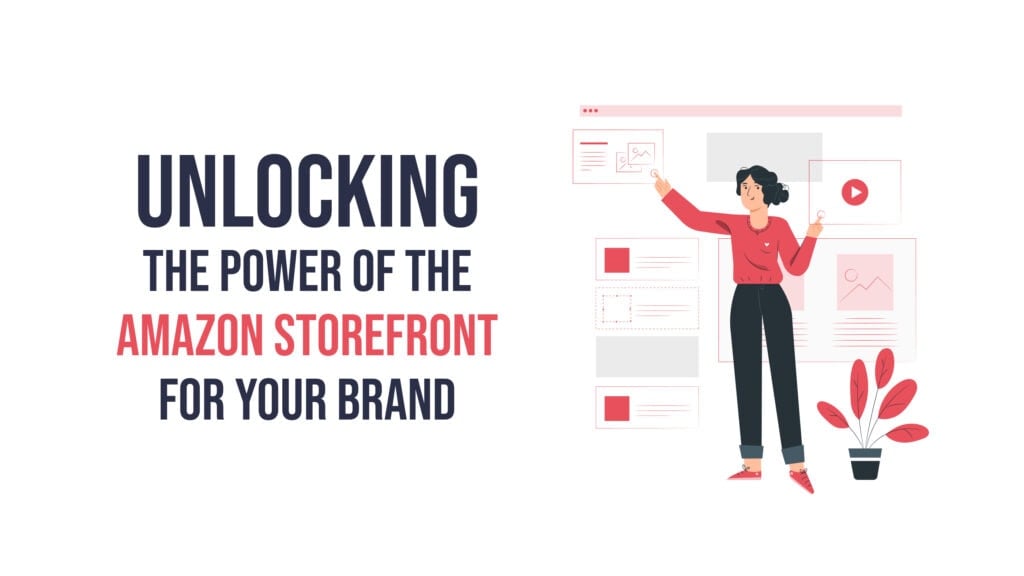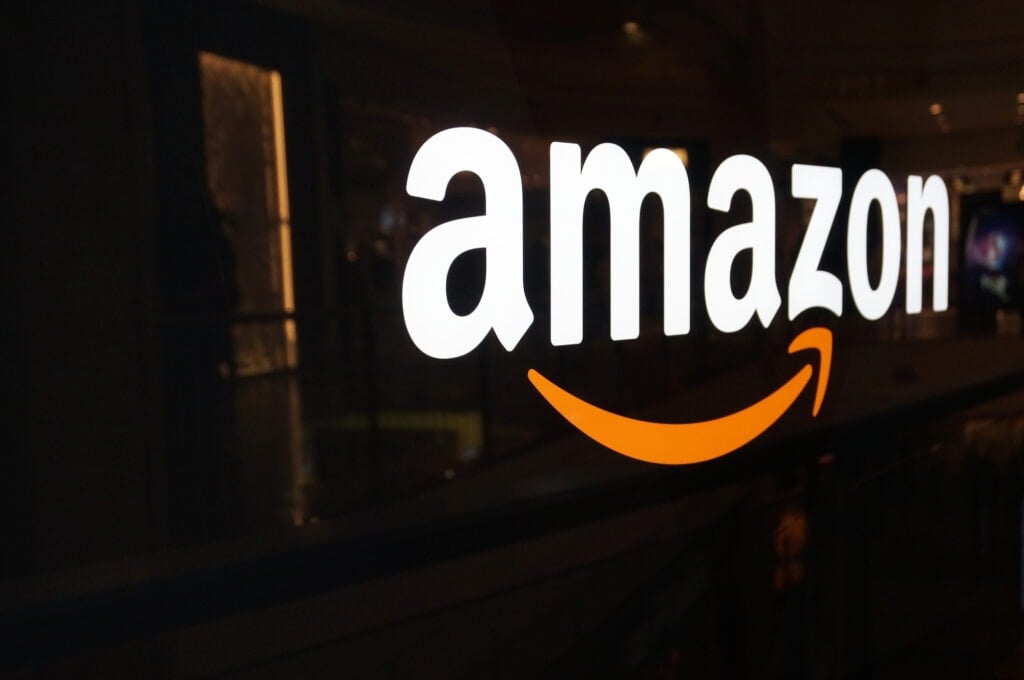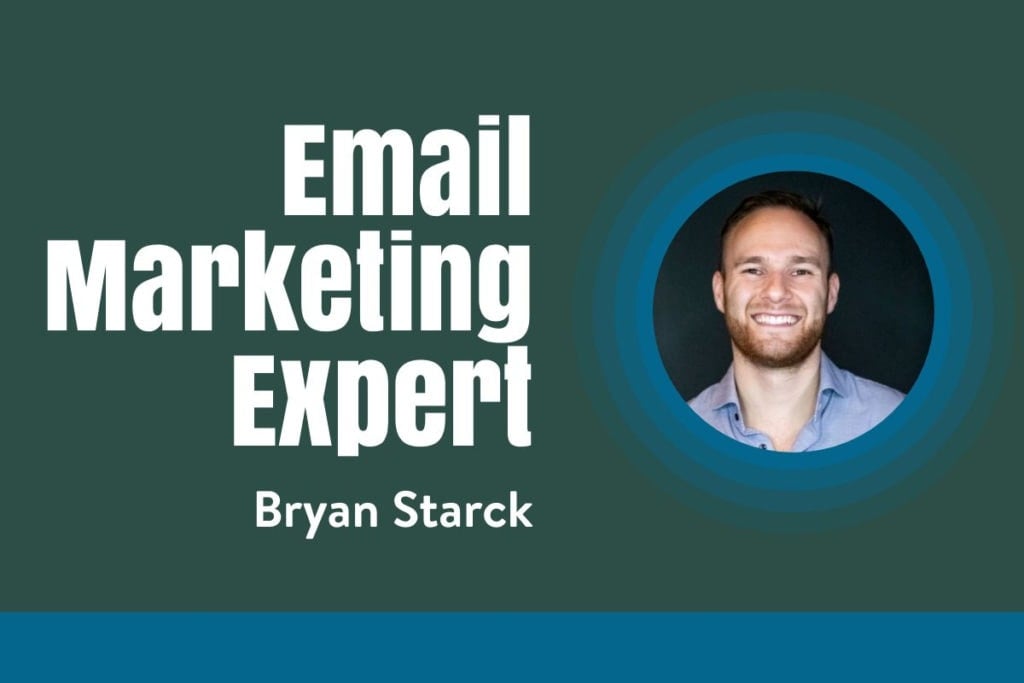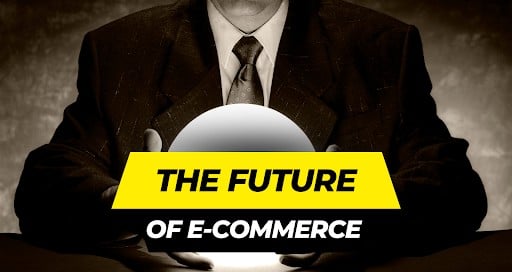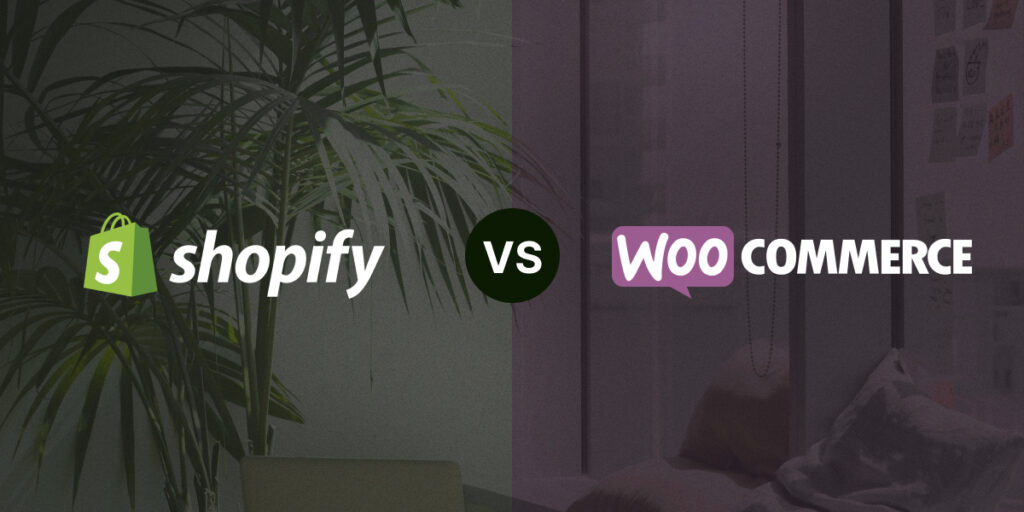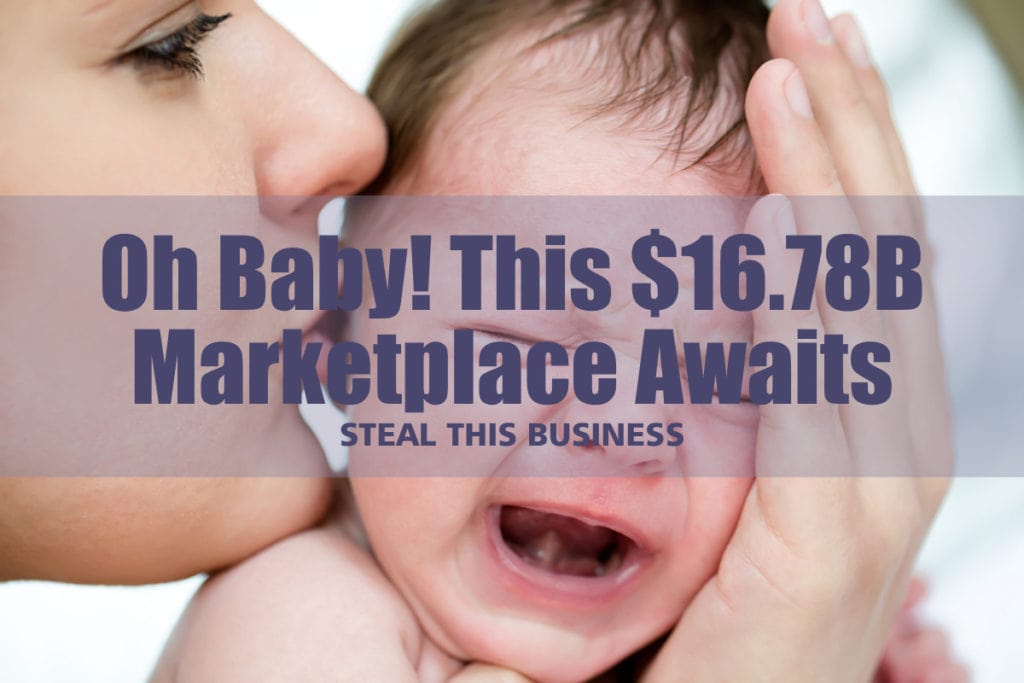Recently Ryan Daniel Moran spoke at AdSum 2019, a summit for online sellers and digital marketers, about the importance of building a brand. During his talk, he recalls a conversation he had early in his entrepreneurial career with Perry Belcher—“one of the world’s best marketing specialists in the direct response world.”
During their conversation Ryan learned a truth that he found disturbing at the time, one that might be disturbing to many new entrepreneurs today: That lay-on-the-beach-with-a-tropical-drink lifestyle many of us dream of doesn’t happen while you are operating your business. You can have that lifestyle, but it happens when you sell your business.
That might be a revelation to you, or it might be more of a “no duh” sort of idea. The idea that you can create a business that essentially “runs itself” with minimal input from you, that supports your dream lifestyle... well, you probably thought it sounded crazy to start with. There are plenty of marketers online hawking that dream, though, and a lot of us have wanted it to be true badly enough that we shut off our inner skeptics.
The thing is, few of those marketers are living that lifestyle themselves. If they’re making a great living, they’re probably working their asses off.
If you’re looking for that lifestyle—or whatever lifestyle “financial independence” means for you—it’s not enough to promote offers. “You can’t sell an offer!” Ryan admonishes. “You can sell a brand. You can sell a business.” To achieve your dream, that’s what you need to build—a sellable business.
I’m working hard to build and scale my business – Do I have to sell?
For a great many entrepreneurs, building and scaling up a business is their primary motivation. Some would argue, in fact, that a true entrepreneur is less concerned about what type of business to build than the process of creating the business and creating value in the marketplace. If you are one whose passion is in the process, you may be thrilled by the idea of starting a new business, growing that business’s value, then selling for a profit.
But what if that’s not your passion? What if you have started a business that you love, one that you want to continue to grow indefinitely? Selling your business might be far from your goal; nonetheless, there are good reasons to build your business as if you hope to sell it.

A sellable business provides security
While you may hope to continue operating your business for the rest of your life, there may come a time when it is no longer possible. When you’ve built a valuable brand, you have an asset that can provide for you should the day come when you are no longer able to continue working.
A sellable business provides opportunity
That forced retirement might be your worst-case-scenario, and if you plan well (and have a fair amount of luck) it might never come to fruition. Another possibility, one that might be unimaginable now, is that your interests might change. You could grow tired of your chosen industry, or even tire of business itself.
When you’ve scaled your business with an eye toward selling it for the best possible price, you have options. You can sell and invest the profits in a new venture. You can take a less-active role in the business, knowing that you’ve created a brand that’s attractive to the executives you hope to hire to fill your shoes. You could even... gasp... retire voluntarily and enjoy that beach-bum lifestyle!
A sellable business is attractive to investors and lenders
So for now, liquidating isn’t in your game plan. Yet a growing business is likely to need capital to continue growing. If you’ve prepared your company to attract buyers, it’s also going to attract those with money to invest in its growth.
Even if you choose never to take on investors, having a high-value brand makes getting a loan almost trivial.
A sellable business is fun
Consider what makes a business attractive to buyers. Number one is profitability. And those things that lead to a profitable business are frequently the things that also make the business run more efficiently.
That efficiency is (or should be) a goal of any business. A well-run business overall means fewer headaches for you. It means you have a solid, reliable management team. It means you have few customer complaints and refunds are rare. It means you have loyal customers who advocate for your brand. Specific to Amazon businesses, it means you have great reviews and rank highly in Amazon’s search.
All of those things increase the value of your business. They also make your business more fun to operate. At worst, they make running your business a lot less frustrating.
Scaling an offer vs scaling a brand
Knowing the importance of scaling your business with an eye toward selling, consider the difference between scaling offers and scaling brands. The digital marketing world is filled with experts at scaling. Particularly those who specialize in Cost Per Action (CPA; sometimes known as “Cost Per Acquisition”) or affiliate marketing have mastered the art of scaling an offer.
This can be a profitable business model. When you find an offer you like, you promote it using Pay Per Click (PPC) ads on your preferred platform. Typically you will do a fair amount of testing before deciding whether the offer is going to be profitable and worth scaling.
If during your testing you find that an offer converts well, you begin to scale. You will probably begin by increasing your ad budget. You might expand your audience. You might expand to different ad platforms. You have an offer that is making money, so as a CPA marketer your goal is to get as much profit from that offer as possible. You continue to scale as long as the offer remains profitable.
And therein lies the problem: The offer you’ve chosen to promote isn’t likely to remain profitable forever. When it stops making money, you’re back to searching for a new offer. The customers who purchased have very little loyalty to you. Even if they loved the offer you promoted, it was not your product. Any loyalty they might have is to the brand.
The money’s in the list
Those with experience in this type of marketing are probably screaming at me now. “You need to build a list! The money’s in the list!” And they’re right. To create any degree of loyalty at all, you need to build an email list as you are promoting these offers. And if you do this well, you can develop an audience who trusts your recommendations and will continue to purchase the offers you promote.
In building this list, you are now establishing yourself as a brand. And while an offer will lose momentum eventually, a brand is infinitely scalable. Even if an offer completely disappears, as long as your audience remains loyal, you are able to promote another offer and continue to profit.
In developing your own brand, your job is about more than just finding the right offers to promote. Your job is to nurture and grow your audience, while building and maintaining that audience’s trust.
Building your brand on Amazon
Start with the name
Among those who make the effort to build a brand, most CPA and affiliate marketers use their own name as their brand. It’s a strategy that works well and has advantages in that world. It’s particularly effective for those who specialize in information products rather than tangible goods.
There’s a problem with building a brand online using your own name, though. If we’re talking about building a sellable business, your name is not a good choice as a brand. It can work if you’re only using your first name or maybe a nickname, but if you are building a brand from scratch you are better off choosing a name that isn’t tied to your personal identity. A brand like Capitalism.com can be sold; RyanDanielMoran.com would be a bit more of a challenge.
The exact name you choose is not as critical as most people make it out to be. If your ultimate goal is to sell, you don’t need to be emotionally tied to the name. It just needs to be memorable, ideally should be catchy, and it’s best if the matching domain name is available. Better still if you can also get the same name on all relevant social media platforms.
“Sell stuff”
Back to Ryan’s early conversation with Perry Belcher, he recalls Perry’s advice to “sell stuff.” There’s nothing wrong with selling information or digital products, of course, and there are many people making a good living doing so. Yet selling a digital product brand is going to be more challenging.
When you sell physical products, you have a tangible good with easy-to-demonstrate value. If you are selling your physical product brand, your existing inventory is a part of your company’s value and its value is fairly easy to verify. Selling a digital product brand is going to require proof that your product is worth what you claim.
On top of that, your market is much broader for a physical product brand. If you build your brand around info products, the purchaser must first agree that your product has value, and then have the knowledge and desire to continue developing new digital products in the same niche.
Of course, it’s also worth noting that if you’re selling with Amazon Ads, physical products are what they are best known for. It’s the first place people go when they are looking to buy just about anything tangible.
Finally, information can become obsolete fairly quickly. While there are certainly exceptions, most physical products will have a longer lifespan in the market.

Advertise with Amazon Ads
If you’re going to “sell stuff,” where’s the best place to promote it? The number of online advertising platforms available is staggering, and seems to grow daily. If you’ve been involved in the digital marketing space, you’re certainly familiar with at least a few of them. Each has its advantages, and some are better suited to specific product types than others.
For a long time, Google has ruled the online advertising space, and for good reason. It’s the first place people go to search for just about anything. If you want your amazon ads to work, you place them where your customers are, and it’s a safe assumption that no matter what you sell, your customers are on Google.
YouTube, another Google domain, is the second most popular search engine and of course it also has its own advertising platform. Once again, you can probably assume that your customers spend at least some time on YouTube. Consider, though, what they are searching for when they are there. For most products, it’s a safe bet that people aren’t looking for them here.
And then there’s Amazon. Many are surprised to learn that it’s more than just an ecommerce behemoth; Amazon is also the third largest search engine and now ranks third in digital ad sales, too. More importantly, though, is that people go to Amazon looking for products to buy. It may not be threatening Google’s #1 spot overall, but if you want your amazon ads seen by people ready to spend money, Amazon is the place to post them.
Amazon ads can point away from Amazon
Amazon is, clearly, a great platform for selling physical goods. Something you might not have known, though, is that you can advertise there even if you don’t sell there. Amazon has several ad types available and many of them can point customers to your own site.
In terms of building your brand, this gives you the best of both worlds—you get buyers looking for the products you sell, but you can send them to your own web store with your own branding. Better still, when they make a purchase, you get the contact information, instead of Amazon. This allows you to keep in touch with your past customers, building trust and loyalty to your brand.
For those visitors who don’t buy right away, you can ask them to subscribe to your newsletter—another opportunity to increase trust and loyalty. And even for those who neither make a purchase nor subscribe to your newsletter, you’re able to provide them with engaging and informative content on your site. Your content can tempt them to return later or better yet, to share your content on social media and get you new visitors for free.
You can make a good living by promoting great offers. Yet if you are looking for a real business that provides life-changing income, building a strong brand will get you there much more quickly. And if your brand will be selling stuff—physical products—the current best place to build that brand is Amazon.com.
